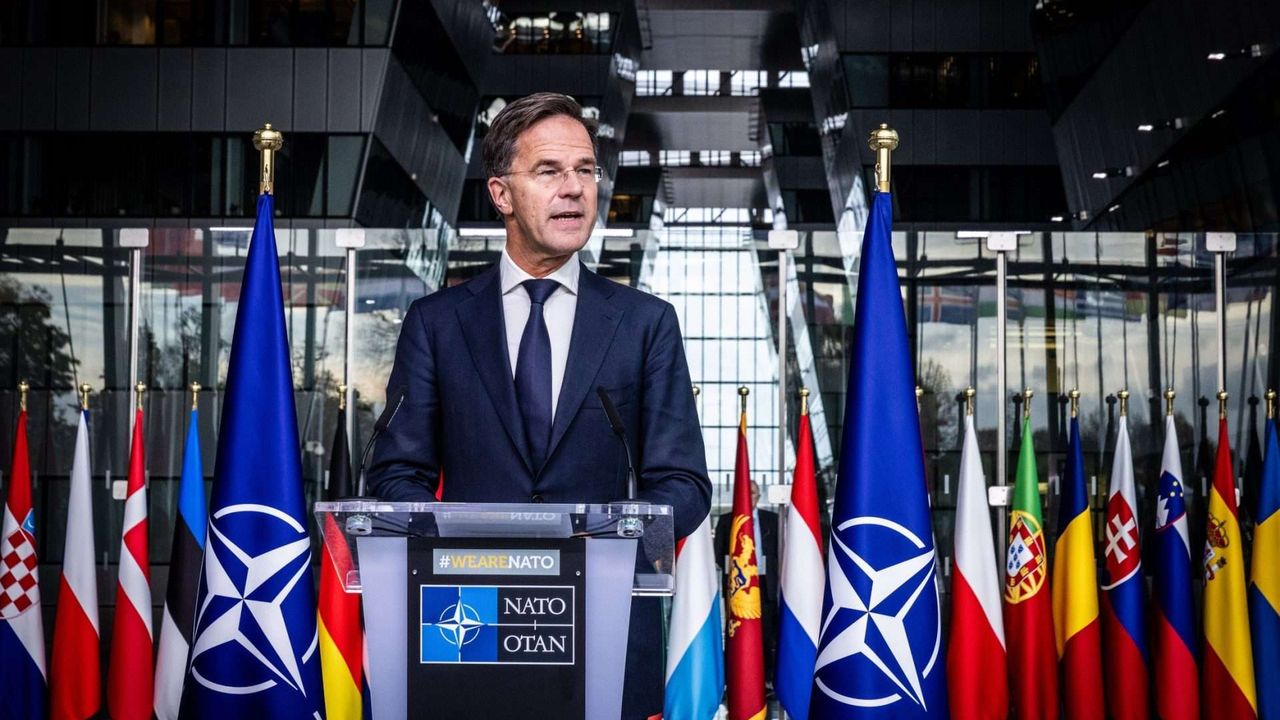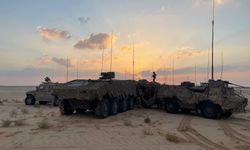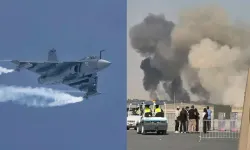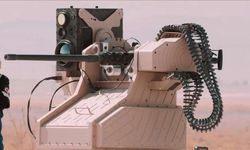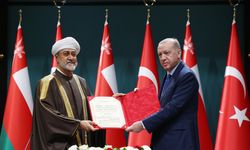“To guarantee our security in the future, we also need to ramp up our efforts now,” Rutte stated. “We also know that the goal of 2%, now set a decade ago, will not be enough to meet the challenges of tomorrow.” The NATO chief specifically highlighted the threat posed by Russian naval and aerial activities near Portugal, pointing to recent incidents involving Russian ships and long-range bombers. Rutte warned that Portugal’s undersea infrastructure could be a key target, emphasizing the strategic importance of safeguarding such assets.
Montenegro expressed Portugal’s willingness to increase defense investments but stressed the need for European coordination in allocating resources effectively. “We must ensure our efforts are harmonized to avoid duplication and maximize the impact of our defense spending,” he said.
Rising Tensions in the Baltic Sea
Rutte also addressed concerns over incidents in the Baltic Sea, including a recent rupture of an undersea cable connecting Latvia and Sweden. NATO has attributed such disruptions to potential Russian sabotage, further heightening tensions in the region.
In response to these threats, NATO launched the “Baltic Sentry” mission earlier this month. The operation deploys frigates, maritime patrol aircraft, and naval drones to enhance surveillance and deter potential threats to critical undersea infrastructure. “The good news is that through Baltic Sentry, NATO’s ships and aircraft are operating alongside our allies, enabling a fast, coordinated response,” Rutte noted.
Long-Term Concerns About Defense Readiness
Rutte’s warnings in Lisbon align with remarks he made earlier at the World Economic Forum in Davos, where he cautioned that NATO could face significant security challenges within four to five years without increased defense spending. While acknowledging improvements in defense budgets—partly spurred by former U.S. President Donald Trump—Rutte argued that the 2% GDP target is insufficient in today’s security landscape.
“We are producing in one year what Russia can manufacture in three months. China is outpacing the US by producing six times faster,” Rutte said, emphasizing the need for greater industrial production capacity within NATO.
He also highlighted Europe’s heavy reliance on the United States for defense support, particularly in the context of the ongoing war in Ukraine. “If the new Trump administration continues supplying Ukraine from its defense industrial base, Europe must be prepared to cover the costs,” Rutte stated.
Defense Spendings Across
Several NATO members have begun to address the need for increased military spending. Germany met the 2% target in 2024, allocating €90.6 billion ($93.3 billion) to defense. The Netherlands also reached the 2% threshold, reflecting a significant shift from its historically lower budgets. The Dutch government’s Defense Financial Obligations Act has ensured sustained investments in modernizing its armed forces, including upgrades in missile defense, cybersecurity, and electronic warfare.
However, the push for higher spending faces resistance. German Vice Chancellor Robert Habeck has called proposals to raise NATO’s spending target to 5% “unrealistic,” advocating instead for a more achievable medium-term goal of 3.5%. Balancing defense expenditures with other national priorities, such as healthcare and education, remains a contentious issue in many countries.
The Broader Implications for NATO’s Future
The NATO chief’s remarks underscore the alliance’s need to adapt to a rapidly evolving security environment. Beyond simply increasing budgets, Rutte emphasized the importance of innovation, collective procurement, and closer collaboration between member states and defense industries.
“China’s military products are now of much better quality than 20 years ago, often matching or exceeding US capabilities,” Rutte warned. “We must innovate more, buy collectively, and engage in large-scale contracts with industries to ensure NATO remains competitive.”
NATO’s Baltic Sentry mission and other initiatives demonstrate the alliance’s commitment to protecting critical infrastructure and deterring aggression. However, these efforts highlight the need for sustained investments to close capability gaps and prepare for future challenges. As Russia and China continue to ramp up defense production and technological advancements, NATO’s ability to maintain collective security hinges on its members’ willingness to prioritize defense spending.
With global tensions on the rise, the stakes for NATO have never been higher. Rutte’s calls for increased defense budgets serve as a crucial reminder of the alliance’s role in ensuring stability and security in an increasingly uncertain world.
Ahmet Işıktekiner - Defensehere
